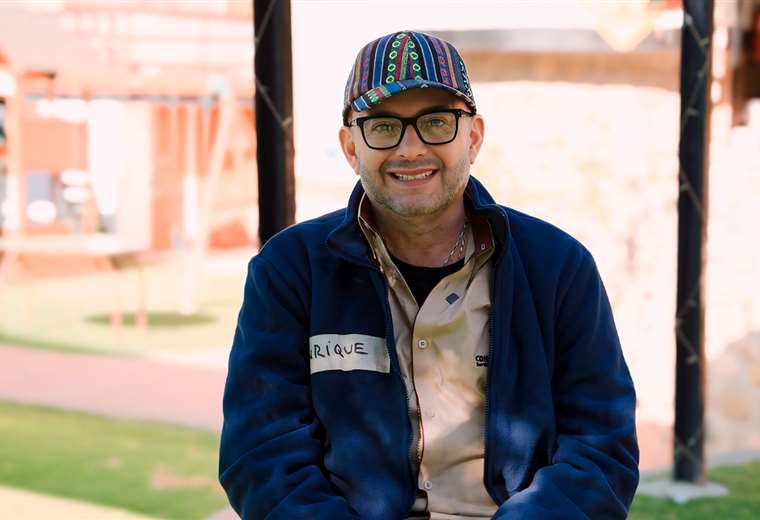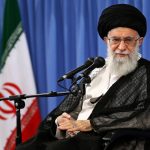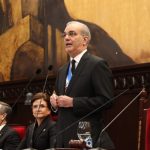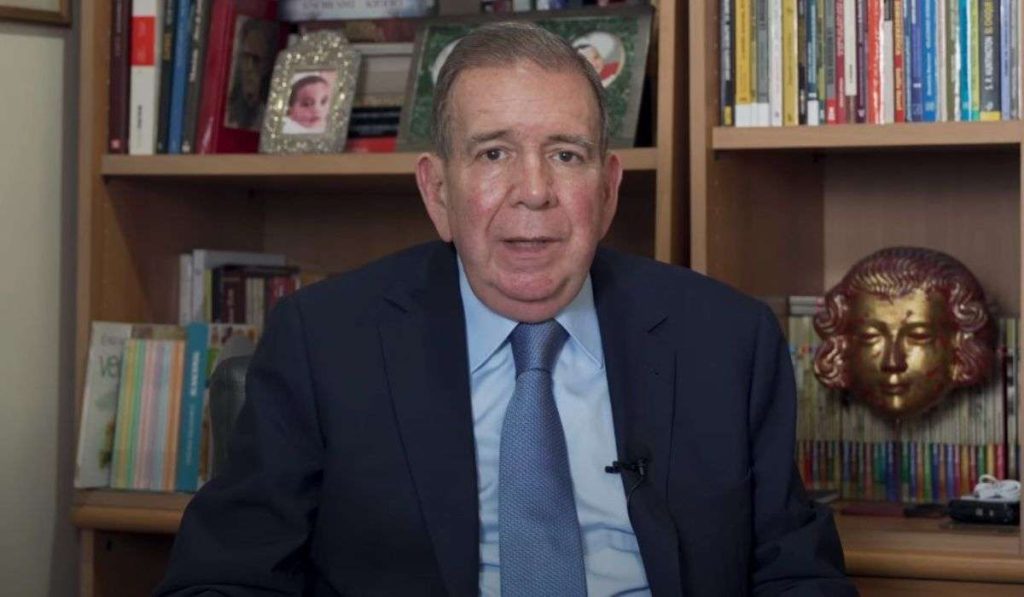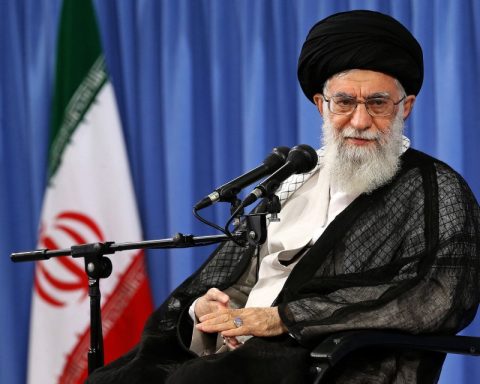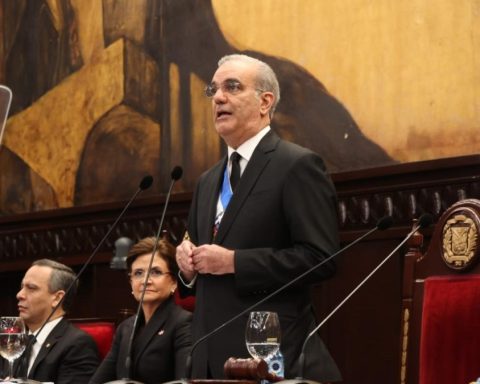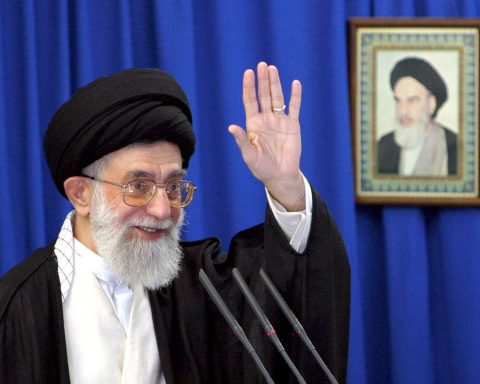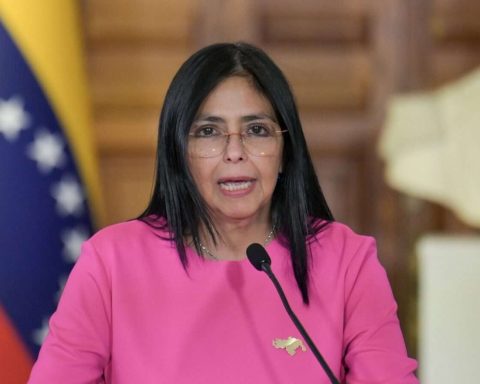August 27, 2024, 5:50 PM
August 27, 2024, 5:50 PM
Leadership is the ability to bring out the best in people and harness their talents to achieve specific goals. This concept, however, is much more complex and multifaceted than it appears at first glance.
Leaders are not only born with certain innate characteristics, but they also build and strengthen their leadership over timeadapting to different contexts and needs.
An effective leader must balance three crucial elements: his or her personal characteristics, the objectives he or she must achieve, and the culture of the organization in which he or she operates.
There is no universal leader that fits all companies or situations. Success in leadership depends on the ability to align these three dimensions, according to Enrique Ferreyra, executive director of Consulters Home and speaker at the Leadership and Culture workshop, organized by Franz Tamayo University, Unifranz.
“There are certain skills that we need and those skills are related to specific objectives and the company culture. There are no leaders that serve all companies nor for all the objectives that companies want to achieve,” says the human capital expert.
Personal characteristics
Some people seem to have a natural predisposition for leadership. From a young age, some individuals show a innate ability to convince, persuade and direct others. This predisposition can be observed in diverse cultures and contexts, from children helping in family businesses to young entrepreneurs in developed countries.
However, these innate characteristics are not enough on their own. Leaders are also formed through their experiences and the education they receive. Parents and educators empowering childrenBy allowing them to make decisions and learn from their mistakes, they are cultivating future leaders.
“That is the kind of leadership we have, that is the kind of leadership where we can say there is a certain predisposition, but other types of leadership take shape over time,” he reflects.
For example, according to Ferreyra, in developed countries children work like children, learn the value of money or buy things with their own income, but without ceasing to be children.
“There are children who are creating businesses or entrepreneurships, this is how leadership is encouraged. A child working is not synonymous with exploitation (…). Obviously, You are born with the predisposition to be a leader, but you also become one out of necessity. and because parents know how to lead,” adds the Peruvian expert.
The ability to adapt, learn and grow is critical to developing effective leadership.
Objectives and context
A leader is not suited for every situation or goal. For example, a leader who is excellent at starting a business may not be the best at maintaining the stability of the business over the long term.
The skills required to launch a project are different from those required to manage its growth or to carry out a successful sale.
In addition, the cultural and organizational context significantly influences leadership. A leader must be able to understand and adapt to the company culture, as well as the expectations and values of your team.
At different times in a company’s life, different types of leadership may be needed. For example, in times of crisis, a more directive and decisive leader may be needed, while in times of stability, a collaborative and consultative leader may be more effective.
“Not all Leadership works for all teams “Nor for all the moments of the company; there are people who are very good at starting companies and there are others who are very good at selling the company or maintaining it. Sometimes, not even your own friends from school are of use to you for life. You have to learn to have friends in childhood, at university or at work, because they are from instances of life,” he points out.
Example is one of the most powerful learning methods. In many cultures, leadership is established through the imitation of those who demonstrate strength, wisdom, and decision-making ability. Effective leaders are those who not only talk about values and goals, but embody them in their daily behavior.
The leader’s vocation
Leadership can also be seen as a calling. Those who lead with passion and dedication not only achieve results, but also transform people and organizations.
This vocation involves sacrifices, but also a deep satisfaction in seeing the achievements and growth of those one leads.
In many cases, people discover their true leadership calling through experiences and challenges they face in their professional lives. Changing areas, taking on new responsibilities, and facing difficult situations can reveal talents and abilities that were not previously apparent.
“Many times, life itself allows you to learn to develop vocations that become your true intention that you always had but that you had not discovered (…), I think it is a matter of vocation that you focus with passion on something that you consider will be important,” he adds.
Leadership is a combination of innate characteristics and acquired skills and developed over time. There is no single path to becoming a leader, and the qualities needed may vary depending on the context and objectives. However, effective leaders share a common ability to adapt, learn and grow, as well as a passion and dedication that inspires others.
